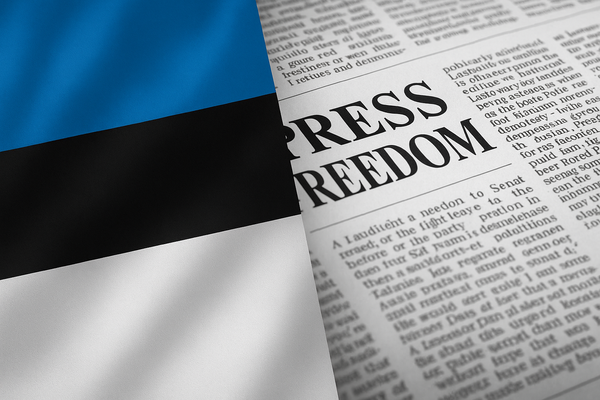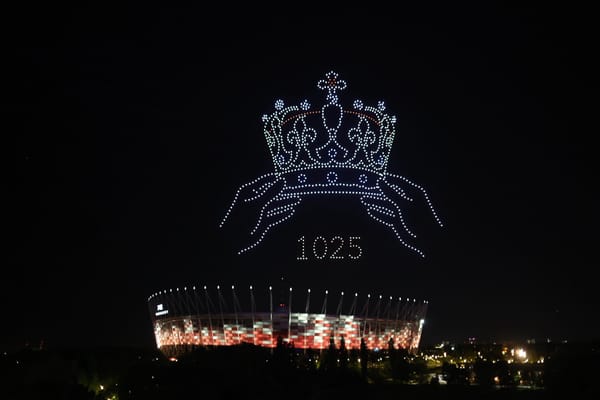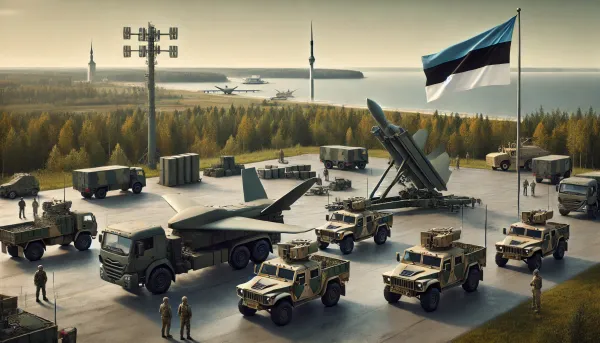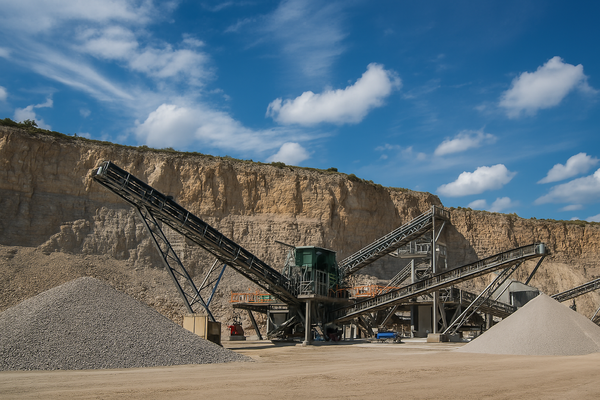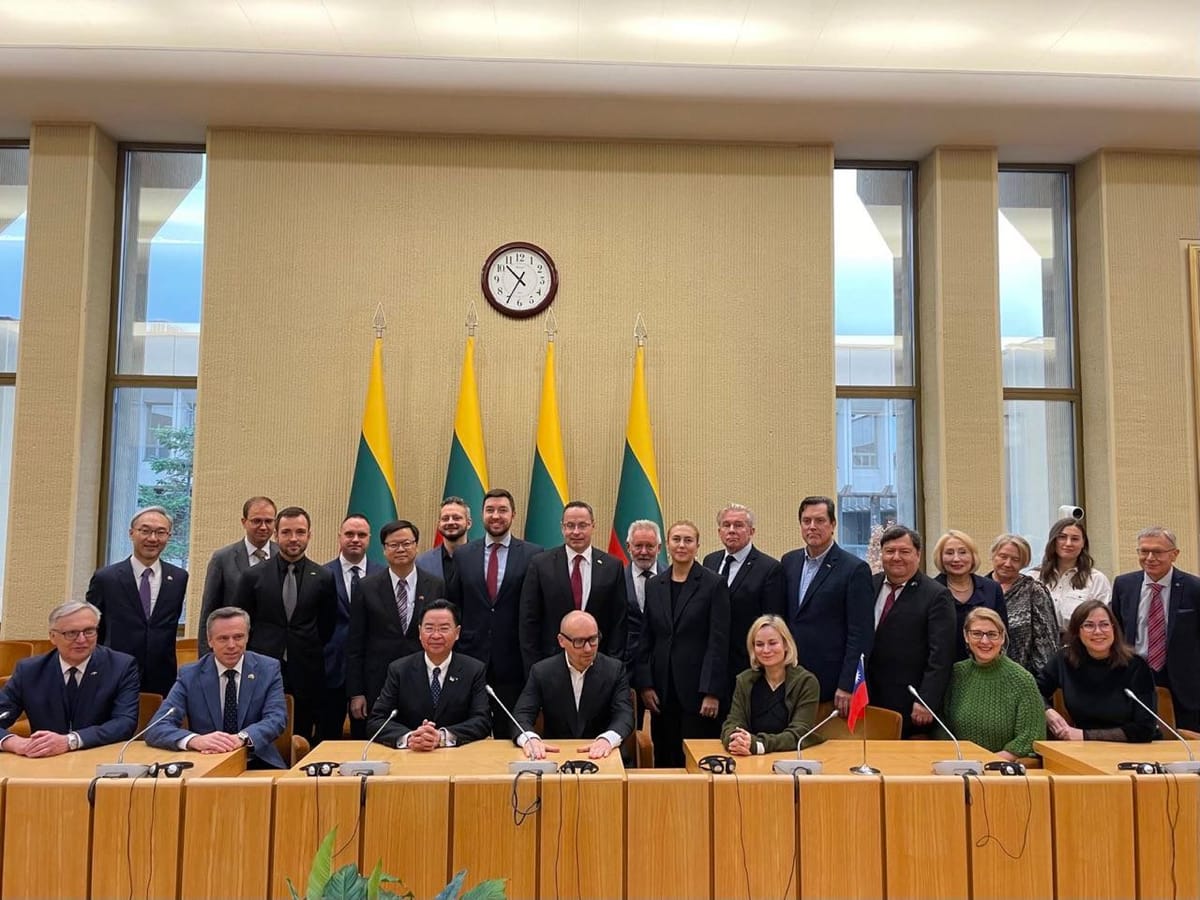
Taiwan FM tours Baltics to deepen ties, despite opposition from China
Taiwanese Foreign Minister Joseph Wu visited Estonia, Lithuania and Latvia from November 6-12, deepening bilateral ties in the Baltics and putting Asian geopolitics back up the agenda in Central and Eastern European (CEE).
The three Baltic states have adjusted their policy toward People’s Republic of China (PRC) in recent years. The week before Wu’s visit Estonia it announced that it would follow suit with Lithuania and Latvia and allow Taiwan to open a non-diplomatic representative office in its capital Tallinn.
In a ministry statement on November 3, Estonian Foreign Minister Margus Tsahkna said “just like many other countries of the EU, Estonia is also ready to accept the establishment of a non-diplomatic economic or cultural representation of Taipei in order to promote the respective relations. He emphasised that Estonia didn’t recognise Taiwan as a country.
Baltics befriend Taiwan
Despite also not holding official diplomatic relations with the Asian island, which China considers Chinese, in 2021 Lithuania allowed Taiwan to open a representative office in the country. The move prompted the PRC to introduce undeclared trade sanctions.
The Baltic pivot away from China and towards Taipei has also been highlighted by their withdrawal from the 14+1 format that oversees cooperation between the PRC and countries in CEE. The house foreign affairs committees heads of all three Baltic countries jointly visited Taiwan in August.
“Despite our geographical distance,” Wu said, Estonia and Taiwan both face authoritarian neighbours, namely Russia and China, and both democratised in the early 1990s, at a seminar hosted by the International Center for Defense and Security in Tallinn (ICDS).
Estonian Health Minister Riina Sikkut called for the inclusion of Taiwan during this year’s World Health Assembly, according to Wu.
Wu said “we are truly grateful for these shows of support. You make us feel not alone in facing the PRC coercion. International concern over China’s unilateral attempts to change the status quo is very effective in keeping PRC aggression at bay.
“More than 60% of semiconductors are produced in Taiwan, therefore, any conflict in the Taiwan Strait will lead to severe consequences for not just the region, but the entire global economy,” Wu said, adding that Taiwan will continue to deepen its ties with like-minded partners such as Estonia “to safeguard our values and the democratic way of life”.
Wu joins Democracy Forum in Lithuania
Wu and Landsbergis spoke separately at the Future of Democracy Forum organised by the Lithuanian foreign ministry and Vilnius University in Tallin on Thursday evening. The ministers had no plans for a bilateral meeting.
Attendees from nearly 50 countries included Belarusian opposition activist Sviatlana Tsichanouskaya, Myanmar Foreign Minister Daw Zin Mar Aung, Czech Foreign Minister Jan Lipavsky, and Council of Europe Secretary General Marija Pejcinovic Buric.
Landsbergis said Wu meeting senior officials but not himself did not represent a shift from his government’s values-based” pro-Taiwan policies. He added that he had not co-ordinated with Western partners about whether to meet Wu.
Wu met with Lithuanian Parliament Speaker Viktorija Cmilyte-Nielsen and members of the parliamentary group for relations with Taiwan on Thursday. Cmilyte-Nielsen said they had “discussed ways to further step up economic cooperation and support for Ukraine”.
Landsbergis said “Today we are living in a period of many parallel crises. The war in Ukraine, the violence in the Middle East, the tensions in the South Caucasus or in the Indo-Pacific region. In such dynamic circumstances, we must not lose sight of the need to preserve and further develop democracy as the most precious and important part of our political heritage.”

